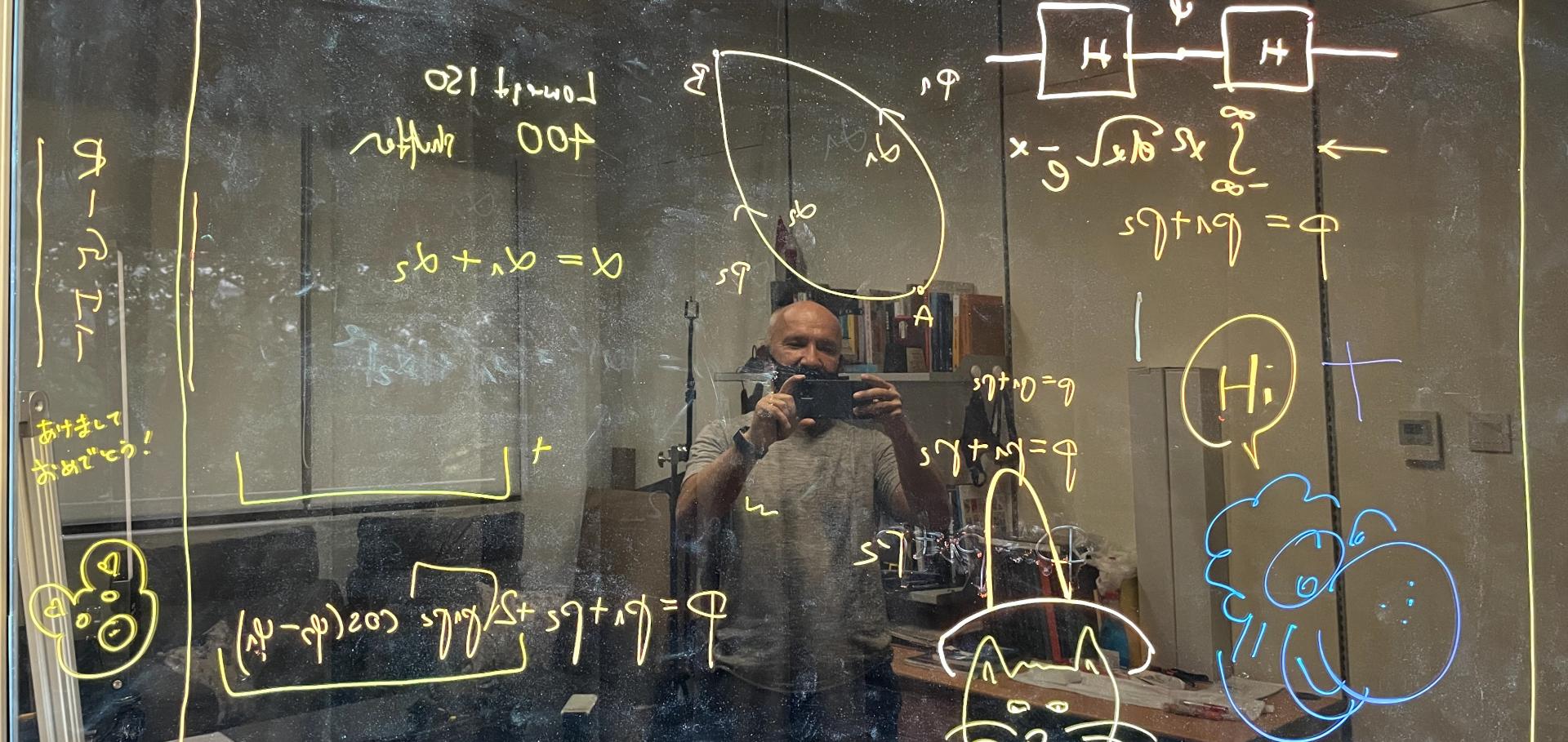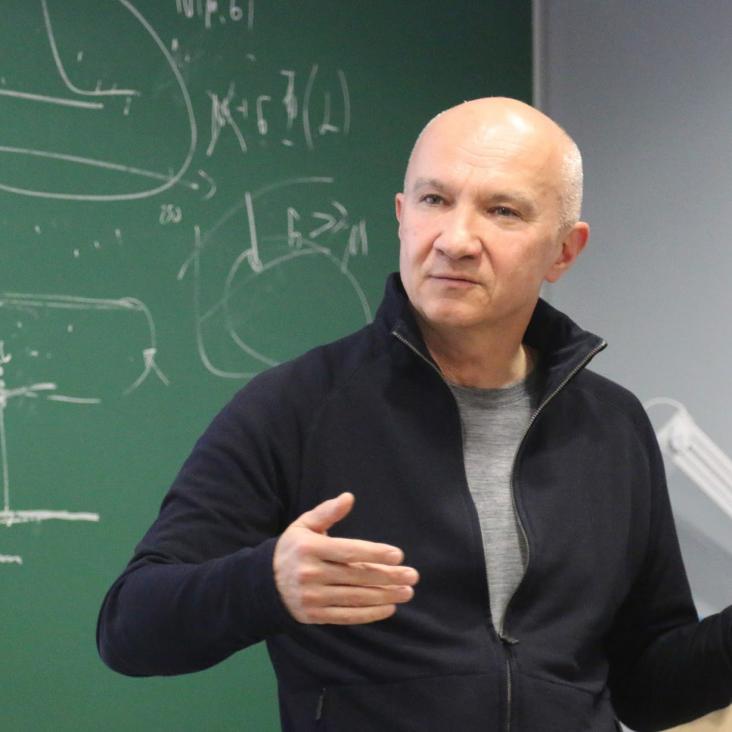Asymptotic Estimation Theory for a Finite-Dimensional Pure State Model
Chapter in Asymptotic Theory of Quantum Statistical Inference, World Scientific Publishing (2005) 365-378
Optimal Universal Quantum Cloning and State Estimation
Chapter in Asymptotic Theory of Quantum Statistical Inference, World Scientific Publishing (2005) 379-385
Quantum information processing and communication: Strategic report on current status, visions and goals for research in Europe
European Physical Journal D 36:2 (2005) 203-228
Abstract:
We present an excerpt of the document "Quantum Information Processing and Communication: Strategic report on current status, visions and goals for research in Europe", which has been recently published in electronic form at the website of FET (the Future and Emerging Technologies Unit of the Directorate General Information Society of the European Commission, http://www.cordis.lu/ist/fet/qipc-sr.htm). This document has been elaborated, following a former suggestion by FET, by a committee of QIPC scientists to provide input towards the European Commission for the preparation of the Seventh Framework Program. Besides being a document addressed to policy makers and funding agencies (both at the European and national level), the document contains a detailed scientific assessment of the state-of-the-art, main research goals, challenges, strengths, weaknesses, visions and perspectives of all the most relevant QIPC sub-fields, that we report here. Dedicated to the memory of Prof. Th. Beth, one of the pioneers of QIPC, whose contributions have had a significant scientific impact on the development as well as on the visibility of a field that he enthusiastically helped to shape since its early days. © EDP Sciences, Società Italiana di Fisica, Springer-Verlag 2005.Mirror inversion of quantum states in linear registers.
Phys Rev Lett 93:23 (2004) 230502
Abstract:
Transfer of data in linear quantum registers can be significantly simplified with preengineered but not dynamically controlled interqubit couplings. We show how to implement a mirror inversion of the state of the register in each excitation subspace with respect to the center of the register. Our construction is especially appealing as it requires no dynamical control over individual interqubit interactions. If, however, individual control of the interactions is available then the mirror inversion operation can be performed on any substring of qubits in the register. In this case, a sequence of mirror inversions can generate any permutation of a quantum state of the involved qubits.Improved algorithm for quantum separability and entanglement detection
Physical Review A - Atomic, Molecular, and Optical Physics 70:6 (2004)


